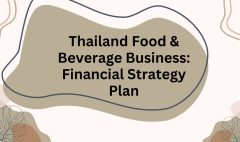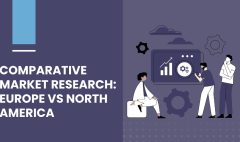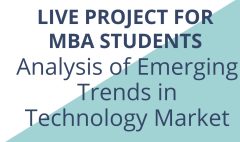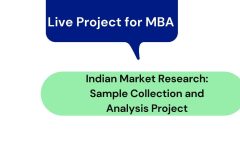Data-Driven Social Impact
Data-Driven Social Impact
In the intricate world of Non-Governmental Organizations (NGOs), making a tangible impact is the cornerstone of success. However, in an era propelled by digital transformation, creating change is no longer solely about ground initiatives; it’s about leveraging data to drive those initiatives more effectively. MBA graduates, with their proficiency in analytics, play a pivotal role in harnessing data to forge impactful strategies, measure success, and secure vital funding in NGOs.
The Power of Data in Decision-Making
In the context of NGOs, data is invaluable. It’s the compass that guides strategic direction, the measure that validates impact, and the story that inspires funding. Here’s how MBA graduates are uniquely positioned to leverage analytics in this sector.
Informing Strategy with Analytics
Data analytics helps NGOs make informed decisions, set priorities, and allocate resources efficiently. MBAs bring to the table advanced analytical skills, helping organizations dissect complex data to unveil insights into community needs, program effectiveness, and operational efficiency.
DataKind – This platform brings together top data scientists with high-impact social organizations to better collect, analyze, and visualize data in the social sector.
Measuring and Amplifying Impact
For NGOs, showcasing tangible impact is not just a need; it’s a mandate. Through data visualization tools and impact assessment methodologies, MBA graduates can quantify and communicate the social value generated, helping stakeholders visualize the change they’re championing.
Securing Funding through Data Transparency
Funding is the lifeline of any NGO, and transparency is key to securing it. By utilizing their financial acumen in interpreting data, MBAs can create compelling narratives that not only demonstrate past successes but also forecast future impact, thereby building trust with donors and investors.
Guidestar – The world’s largest source of information on nonprofit organizations, providing data that aids in making intelligent decisions about funding and impact.
Enhancing Operational Efficiency
Operational inefficiencies can hinder an NGO’s ability to deliver on its mission. With their strategic mindset, MBAs use data analytics to streamline processes, optimize resource allocation, and enhance productivity, ensuring that every dollar is maximized for impact.
Predictive Analytics for Future Planning
Predictive analytics is a game-changer for NGOs, enabling organizations to anticipate future challenges and opportunities. MBA graduates, skilled in this realm, can help organizations prepare for future trends, making them resilient in the face of change.
Google for Nonprofits – Offers resources like G Suite for Nonprofits, which can be used for data analysis and trend prediction, ensuring NGOs stay ahead of the curve.








